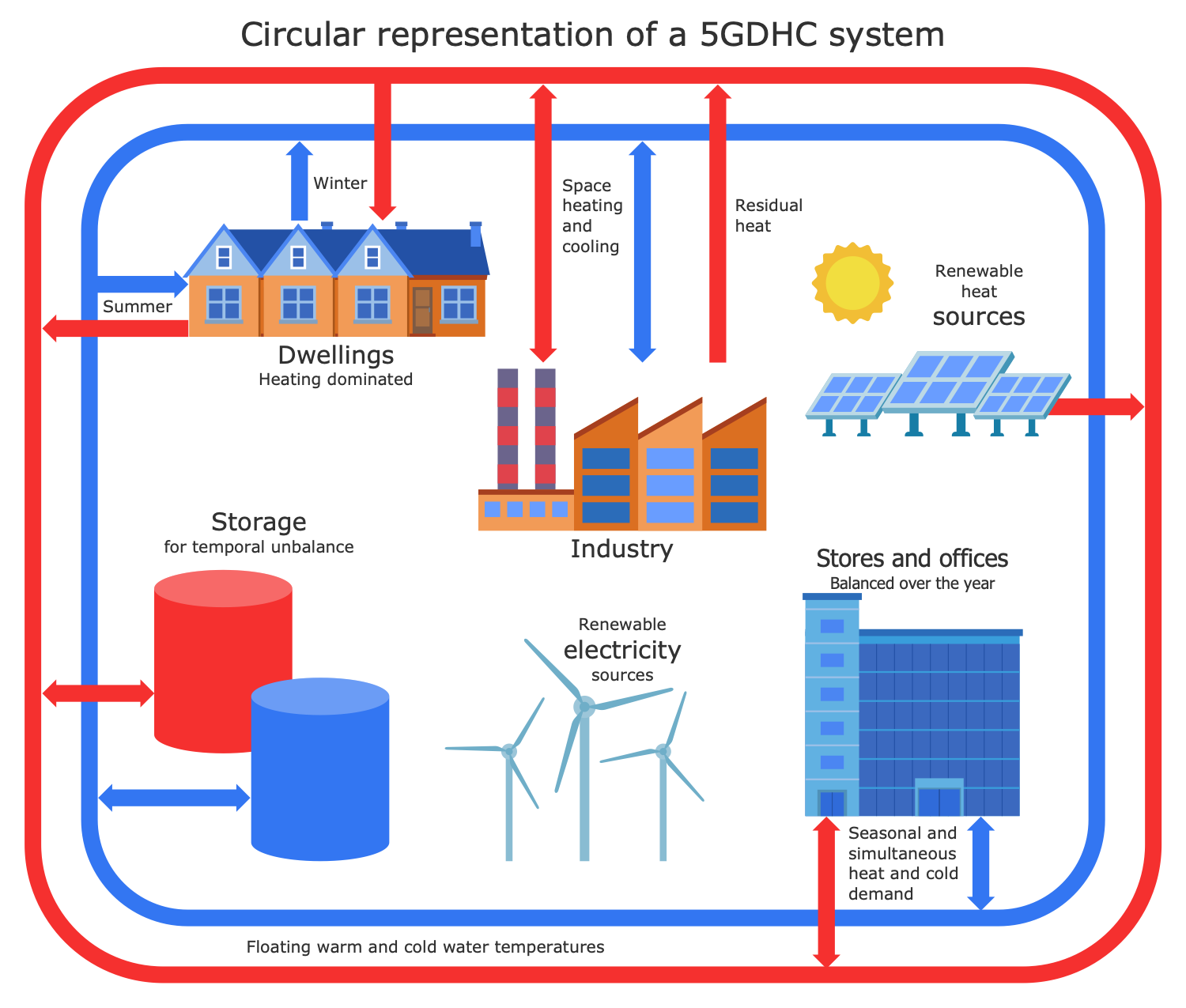Off grid living TN is gaining traction, as more people seek self-sufficiency and a simpler lifestyle. This guide delves into the realities of establishing an off-grid existence in the Volunteer State, navigating legal hurdles, securing land, and implementing sustainable systems for water, sanitation, and energy. From understanding Tennessee’s unique regulations to mastering practical skills in renewable energy and sustainable building, we provide a comprehensive overview for those dreaming of a life unplugged.
This exploration covers crucial aspects including legal compliance, land acquisition, resource management (water and energy), and sustainable construction techniques. We’ll examine the challenges and rewards inherent in embracing a life off the grid in Tennessee’s diverse landscape, offering practical advice and insightful perspectives for prospective off-gridders.
Legal and Regulatory Aspects of Off-Grid Living in Tennessee: Off Grid Living Tn
Embarking on an off-grid lifestyle in Tennessee requires careful navigation of the state’s legal and regulatory landscape. Understanding building codes, water rights, and septic system regulations is crucial for prospective off-grid dwellers to ensure compliance and avoid potential legal issues. This overview provides a summary of key aspects to consider. Note that specific regulations can vary significantly between counties, so local consultation is essential.
Building Permits for Off-Grid Construction in Tennessee
Securing the necessary building permits is a fundamental step in establishing an off-grid dwelling in Tennessee. The process involves submitting detailed plans to the relevant county building department, which will review them for compliance with local building codes and zoning regulations. These codes address various aspects of construction, including structural integrity, electrical safety, and fire prevention. The complexity of the application process and the specific requirements vary considerably depending on the county and the nature of the proposed construction.
For instance, a simple cabin may have less stringent requirements than a more complex structure. Applicants should anticipate potential delays and be prepared to address any concerns raised by the building inspectors. Failure to obtain the necessary permits can lead to significant fines and even demolition orders.
Water Rights and Regulations in Tennessee
Access to a reliable water source is paramount for off-grid living. Tennessee law governs the use of water resources, including groundwater and surface water. Obtaining the right to use water for domestic purposes may require permits or approvals from the state or local authorities, particularly if the water source is shared or located on public land. The specific regulations depend on the location and the method of water extraction (e.g., well, spring).
Improper water usage can result in penalties. Furthermore, understanding the limitations on water usage, especially during periods of drought, is crucial.
Septic System Requirements for Off-Grid Dwellings
Proper waste disposal is another critical aspect of off-grid living. Tennessee regulations mandate the installation of compliant septic systems for all dwellings, including off-grid properties. These systems must meet specific standards to protect water quality and public health. Before construction, obtaining approval for the septic system design and location from the local health department is mandatory. The process involves submitting detailed plans and potentially undergoing site inspections.
Non-compliance can result in significant fines and legal action. The size and type of septic system required will depend on the number of occupants and the anticipated wastewater volume.
Zoning Regulations in Rural versus Urban Tennessee, Off grid living tn
Zoning regulations in Tennessee significantly influence the feasibility of off-grid living. Rural areas generally have more relaxed zoning rules compared to urban areas. Rural areas may allow for more flexibility in terms of lot size, building setbacks, and allowable structures. However, even in rural areas, some restrictions may apply, particularly concerning environmental protection and access to essential services.
Urban areas, on the other hand, tend to have stricter zoning regulations, potentially making off-grid living more challenging or even impossible in certain locations. Before purchasing land, it’s essential to review the applicable zoning regulations to ensure the proposed off-grid development complies with local ordinances.
Navigating the Legal Complexities of Establishing an Off-Grid Property in Tennessee: A Step-by-Step Guide
Establishing an off-grid property in Tennessee requires a systematic approach to navigate the legal complexities. First, identify a suitable location and conduct thorough due diligence, including a review of zoning regulations, building codes, and water rights. Next, secure the necessary permits, starting with the building permit from the county building department, followed by permits related to water usage and septic systems.
This will involve submitting detailed plans and complying with inspections. Throughout the process, maintaining open communication with local authorities is crucial to address any concerns or questions. Finally, ensure ongoing compliance with all regulations to avoid potential legal issues. This systematic approach can minimize potential delays and complications.
Embarking on off-grid living in Tennessee presents a unique blend of challenges and rewards. While the initial investment and ongoing maintenance require significant commitment, the independence and connection to nature offer unparalleled fulfillment. By carefully considering the legal, logistical, and practical aspects Artikeld in this guide, aspiring off-gridders can navigate the complexities and build a thriving, sustainable life in the heart of Tennessee.
Further details about free off grid living near me is accessible to provide you additional insights.


